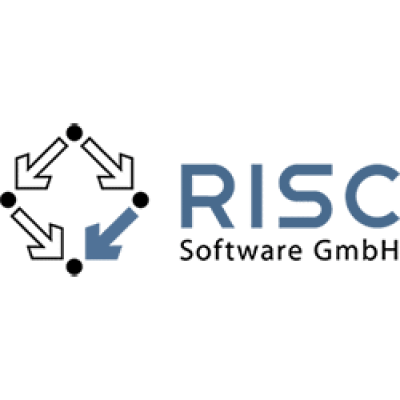Share
Print

Who we are: MEDICAL IMAGE ANALYSIS: extraction of patient-specific anatomical structures from medical image data, interactive semi-automatic segmentation & registration, machine learning, deep learning, generation of synthetic training data, rigid & non-rigid registration, GANs; MEDICAL SIMULATION: simulation of biomechanical processes; FEM; numerical simulation; AI-BASED DATA ANALYSIS: data-based prediction models in medicine, specialized feature extraction, interactive data analysis & traceability, XAI
Programme: Horizon Europe Framework Programme (HORIZON)
Call: HORIZON-JU-IHI-2022-01-single-stage (HORIZON-JU-IHI-2022-01-single-stage)
An innovative decision-support system for improved care pathways for patients with neurodegenerative diseases and comorbidities
ExpectedOutcome: R&I actions to be supported under this topic shall contribute to the following outcomes:
Scope: Neurodegenerative disorders represent a high societal burden impacting patients, their families, and public healthcare systems. Patients with a neurodegenerative disorder frequently display at least one comorbidity, which together with the observed polypharmacy creates a highly complex system that needs better understanding to optimise current care pathways. Recent developments give grounds for cautious optimism that a disease-modifying therapy is on the horizon. However, the high disease prevalence, and the complex evaluation process when such a therapy becomes available, will create challenges for already over-burdened healthcare systems. This will increase the demand for and importance of diagnostic and digital solutions that can drive the related clinical pathways and optimise and personalise care delivery.
